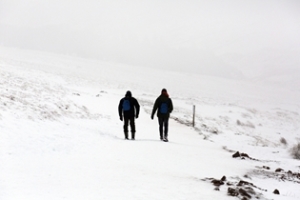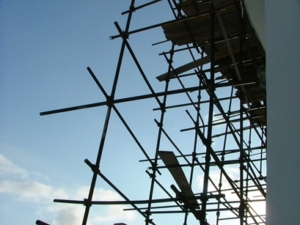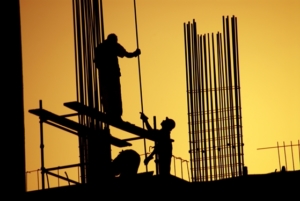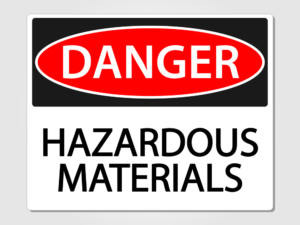
Cold Weather Risk Factors Its winter time and that means one thing is certain to happen… Its going to get […]

Who is at risk? All of us at some point will probably encounter a renovation in an old building, house, […]

Coming Clean The first step to a cleaner and safer workplace is to establish housekeeping standards. These standards should be […]

As spring draws near, it’s a good time to start thinking about putting away the snow shovels and bringing out […]

Scaffolding is a tool that allows us to work effectively and safely from heights when it is used correctly. Below […]

It’s a terrible thing to realize that hardly a workday goes by without a construction worker falling off a scaffold […]

If you have the potential of exposure to chemicals at work, your employer must provide training and meet other requirements […]

The Hazard Communication Standard (HCS) is now aligned with the Globally Harmonized System of Classification and Labeling of Chemicals (GHS). […]

Part 1 – Understanding Abrasive Blasting Each abrasive blasting job is different. Abrasive blasting uses compressed air or water to […]